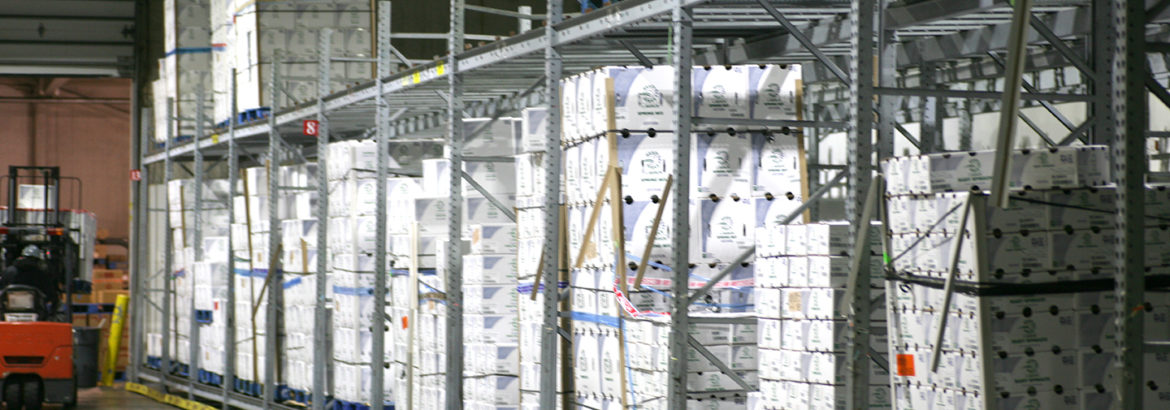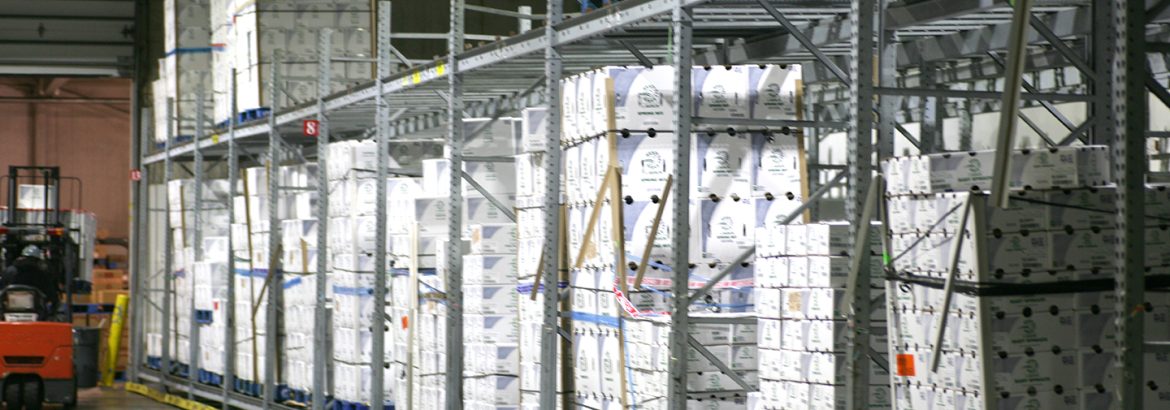Markon prides itself on requiring the most stringent food safety measures of our supplier-partners to provide the utmost confidence in every case we ship to our operator customers. Our Five-Star Food Safety Program covers the critical points from field to plate to ensure that Markon fresh produce arrives as promised.
This is the eighth in a 12-part weekly series where we break down the detailed steps Markon takes as well as meet some of the people involved in making it happen.
The food safety chain must be upheld once Markon products arrive in our member companies’ warehouses. Markon’s third star ensures that all members employee a dedicated Quality Assurance team, maintain temperature zones, and get certified by third-party inspectors.
Below, Troy Micheletti, Produce Specialist for Shamrock Foods Company, delves into how they demonstrate their commitment to food safety in the distributor warehouse stage of the field-to-kitchen journey.
He explains, “A dedicated quality assurance and receiving team are crucial to the success of our produce program. It’s the first line of defense since the product shipped from its point of origin. Having a well-trained produce team—one that knows what the product should look like, what it should temperature it should arrive at, how it should be handled, and where it should be stored—is an absolute must. Our expert warehouse team works diligently to give both our sales teams and our customers the ability to sell and use Markon produce with confidence.”
“Separate temperature zones within our warehouses are without a doubt, the most important aspect to the shelf-life and performance of all Markon produce items,” he furthers. “Not all produce items are created equal and different products require storage at different temperatures. Ethylene gas also plays a crucial role in storing items that are sensitive to this naturally occurring emittance that can unnecessarily accelerate ripening. Temperate abuse is public enemy number one when it comes to produce and as distributors, we must do our part to ensure items are stored at correctly to help maximize overall quality and shelf-life potential.”
“Third-party inspections and certifications are critical. When you go out to eat, you want to know that the establishment itself is well maintained and cleaned, the food is being prepared and stored correctly, and the employees are well versed and adhere to all the rules of food safety to avoid becoming sick from a foodborne illness. This is no different for the owner/operator/chef of these establishments who are ordering Markon produce. They need to have the peace of mind that the food they order has been handled and stored safely and properly prior to arriving at their door. A third-party inspection is the warehouse version of the health department conducting their review in a restaurant and is becoming more of a requirement in today’s world with government entities, food production facilities, and large chain restaurants requiring them prior to shipping products.”




